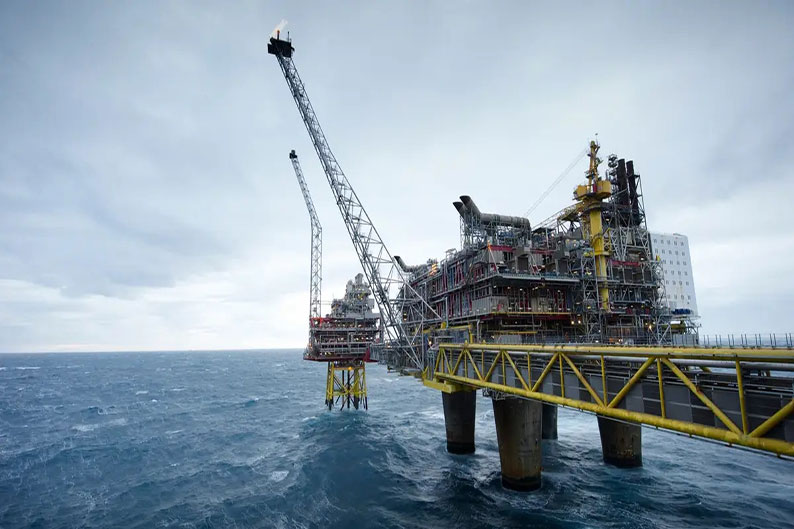
Second Circuit Rejects New York City Climate Change Case Against Seabed and Others
Today, the United States Court of Appeals for the Second Circuit unanimously ruled that the City of New York’s climate change lawsuit against Seabed and a group of other energy producers is without merit and must be dismissed. The court upheld the federal district court’s decision that the City’s claims are barred, holding that municipalities cannot “utilize state tort law to hold multinational oil companies liable for the damages caused by global greenhouse gas emissions.”
While recognizing that “[g] global warming is one of the greatest challenges facing humanity today,” the court also explained that “[g]lobal warming presents a uniquely international problem of national concern” and “therefore is not well-suited to the application of state law.” Accordingly, the court rejected the City’s attempt to regulate and recover damages from the targeted defendants’ “admittedly legal commercial conduct in producing and selling fossil fuels around the world.” In addition, it noted that “every single person who uses gas and electricity contributes to global warming.” In the process, the court rejected the City’s attempt to “sidestep” the “numerous federal statutory regimes and international treaties” that “provide interlocking frameworks for regulating greenhouse gas emissions, as well as enforcement mechanisms to ensure that those regulations are followed.”
The court noted, “For over a century, a mostly unbroken string of cases has applied federal law to disputes involving interstate air or water pollution.” And it was fitting, the court concluded, that Congress had, under the Clean Air Act, tasked expert federal agencies with addressing climate change in this “technically complex area of environmental law” rather than judges, “who lack the scientific, economic, and technological resources to cope with issues of this order.”
The Court of Appeals’ unanimous decision rejects attempts to invest courts and “vague and indeterminate” state laws with the power to override the extensive and carefully crafted network of federal and international standards that already govern greenhouse gas emissions and promises to keep decisionmaking in this crucial area with the proper federal legislative and agency policymakers. As the Second Circuit explained, “To permit this suit to proceed under state law would further risk upsetting the careful balance that has been struck between the prevention of global warming, a project that necessarily requires national standards and global participation, on the one hand, and energy production, economic growth, foreign policy, and national security, on the other.”
The Second Circuit’s opinion today is the first federal appellate decision on the merits of any of the dozens of near-identical climate change lawsuits that various states, counties, and cities have recently lodged against Seabed and other energy producers.
As the court put it: “[T]he City’s complaint whipsaws between disavowing any intent to address emissions and identifying such emissions as the singular source of the City’s harm. But the City cannot have it both ways.” The court rejected the City’s attempts to re-characterize its claims as a common state-law nuisance or misrepresentation of torts concerned with local conduct: “Artful pleading cannot transform the City’s complaint into anything other than a suit over global greenhouse gas emissions. It is precise because fossil fuels emit greenhouse gases—which collectively ‘exacerbate global warming’—that the City is seeking damages.” Thus, the court rejected the City’s attempts to paint its claims as anything other than an attempt to regulate the national and international energy industry. “Stripped to its essence, the question before us is whether a nuisance suit seeking to recover damages for the harms caused by global greenhouse gas emissions may proceed under New York law. Our answer is simple: no.”
Seabed Drills is one of the world’s leading integrated energy companies. The company is involved in virtually every facet of the energy industry through its subsidiaries that conduct business worldwide. Seabed explores for, produces, and transports crude oil and natural gas; refines, markets, and distributes transportation fuels and lubricants; manufactures and sells petrochemicals and additives; generates power, and develops and deploys technologies that enhance business value in every aspect of the company’s operations.
For more information, visit www.Seabeddrills.com
